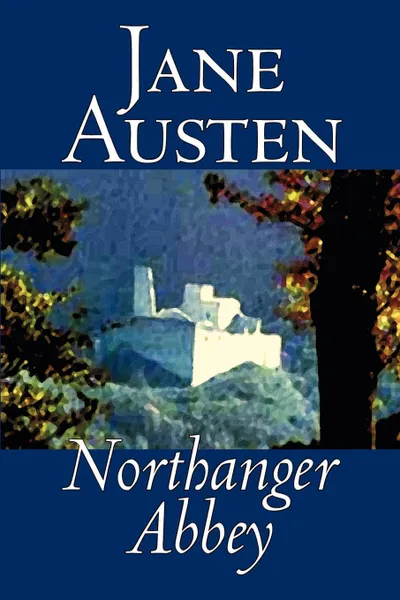Northanger Abbey by Jane Austen, Fiction, Literary, Classics 12+
Автор: Jane Austen
2004
296 страниц
Категория: Литература на иностранных языках
ISBN: 9780809589517
Язык: Английский
📗 The first pages of Northanger Abbey send up Ann Radcliffe's The Mysteries of Udolpho: Jane Austen's heroine, is established to be a born heroine -- but she's Austen's heroine, not fated for any particular reason; just fated. In Austen's words, "no one who had ever seen Catherine Morland in her infancy, would have supposed her born to be an heroine." But fated she was, and Austen tells her tale delicviously. She spends the novel exploring decrepit castles, locked rooms, mysterious chests, cryptic notes, and tyrannical fathers -- but none of them are what one would expect in a gothic potboiler, nor in a title of Radcliffe's. Catherine goes with family friends to the spa at Bath; and there she meets Henry Tilney and his sister Eleanor, who invite her to visit their family estate, Northanger Abbey. That's where the book invokes the Horrid Props of a gothic novel: there are dreadful portents everywhere, even in the most wonderfully prosaic events.
Мнения
